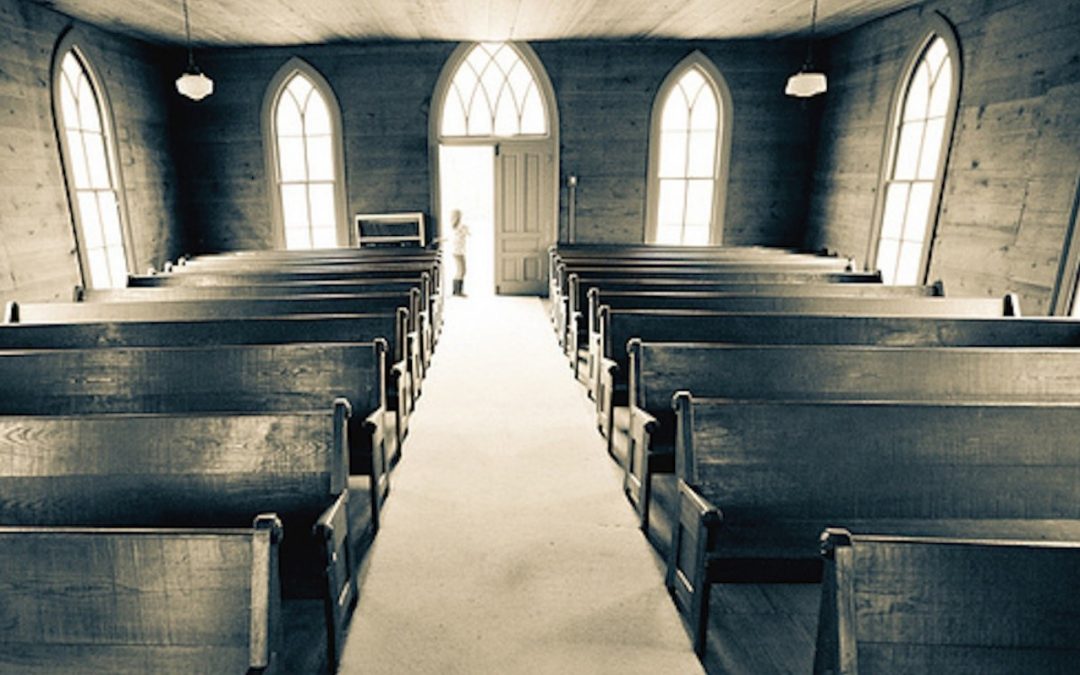One thing you would sooner or later realize about the Good Shepherd (orphanage) was that it had no neighbors. Like (I think) most institutions, it was turned inward, trying to be a world in itself. It stood at the edge of the little town of Canefield, which it looked upon as a threat to its morals. In his many chapel talks and sermons, Brother Whitespade suffered over the possibility that some of the Canefield merchants might sell cigarettes to the Good Shepherd children for some of the tiny allowance of spending money we received, and over the possibly regrettable results of mixing between our older girls and boys and the older boys and girls of Canefield, who had not had the advantage of orphanhood and the moral instruction of Brother Whitespade.
And so the Good Shepherd, officially, was enclosed within itself.... Remembering, as always, the free and casual comings and goings at Squires Landing, I wrote neighbor down in my tablet.
~Wendell Berry in Jayber Crow
One consequence of what I called "evangelical sociology" in the previous piece is that since evangelicals regard themselves as intractably "outside" elite American institutions and much of the American mainstream they must find civic belonging elsewhere.
Again, in talking about "evangelicals" I am referring to the children of Hatch's democratized Christianity, a group which tends toward congregationalist governance and, often though not always, a hard and quite extensive separateness from civic society. The outcome of this is that you end up with localized church institutions that have no ties outside of themselves—no sister churches in a shared denominational fellowship that has real authority to offer counsel and aid to them, and no ties to local civic society that is aided and enriched by the faithful ministrations of Christian believers.
When I say civic belonging has to be found elsewhere, what I mean is that it will nearly always be found in local churches, though also can sometimes be parachurch ministries, particularly for teens and college-aged evangelicals, who will often be channeled less into church and more into demographically targeted parachurch ministries.
Login to read more
Sign in or create a free account to access Subscriber-only content.
Topics:
